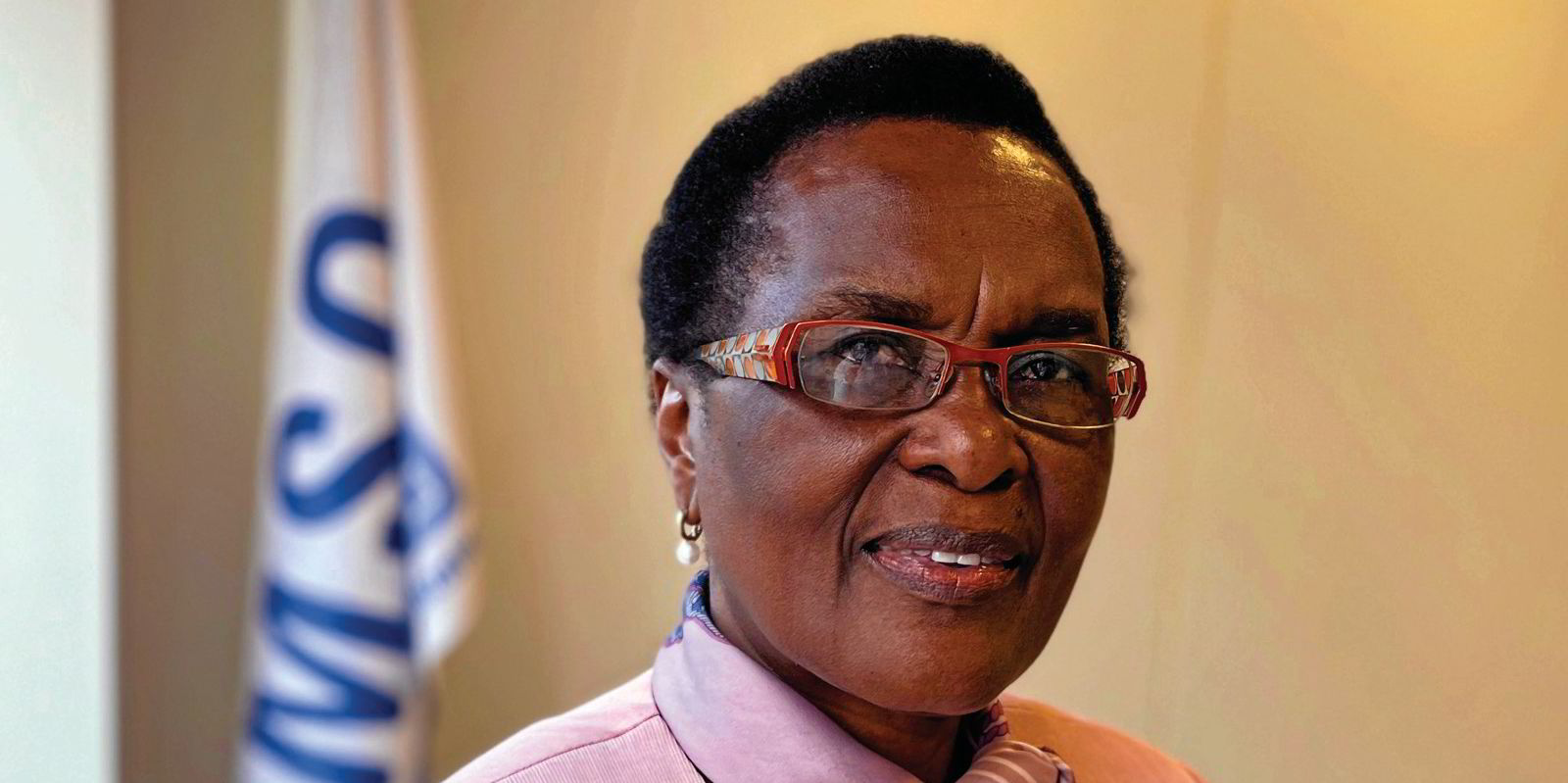A new study of the lives of female seafarers aims to make a difference in what can often be challenging workplaces.
A series of anonymous interviews with women at sea has been carried out by the Global Maritime Forum and the All Aboard Alliance, highlighting issues ranging from ill-fitting safety gear to slower career progression and harassment.
Women still make up less than 2% of the total seafarer population.
The interviews covered women of all ranks, from captains to deckhands, and on many types of ships, with most of those involved being from Asia (63%) and Europe (25%).
The report identified four main problem areas: difficulties in succeeding professionally at sea; challenging social relations on board; employment challenges; and physical conditions.
“We need to make life at sea more inclusive to women seafarers,” said Su Yin Anand, head of shipping at South32 and co-chair of the All Aboard Alliance.
“But now that we have a better understanding of what the pain points are, we can work together to address them. We do not want them to leave their careers at sea because we need them — and we need many more,” she added.
In the project’s next phase, to be launched in the fourth quarter of 2023, selected vessels from within the All Aboard Alliance with higher-than-average numbers of women officers and crew members on board will test new measures and solutions deriving from the research.
Testimony from the interviews shows how some seafarers feel disrespected because of their gender and are discriminated against by their male colleagues.
‘Disheartening’
A chief officer with 15 years of experience said: “They think you cannot do the job … because you are a woman.”
And a younger cadet added: “It is really disheartening when you put lots of effort in your work and still get comments like ‘A male cadet is much better than you’.”
Women can also be assigned different tasks than men.
One seafarer explained: “They assume [that certain tasks] are hard when they are manageable for me.”
Another said: “The main problem is that sometimes others, especially people from older generations, don’t believe that a woman can do tasks that require technical knowledge or physical strength.”
In the interviews, there were multiple reports of power being used to intimidate people in lower ranks.
A senior officer said: “I know many situations where those in higher positions (mostly men) take advantage of those in lower ranks. On multiple occasions, I experienced how higher-ranking officers made me feel little.”
One deck cadet described her supervisors on board as “really rude”.
A chief officer said: “When I was a cadet, my chief mate told me that even if I did everything right, I would never be a sea woman. He treated me like I was lower than the bottom.”
She added: “They always wanted to prove that they owned me. This was the brutal truth when I started my career.”





